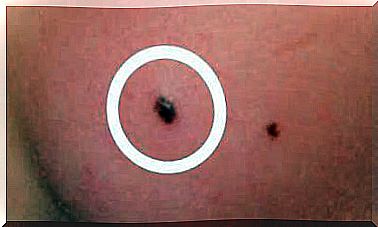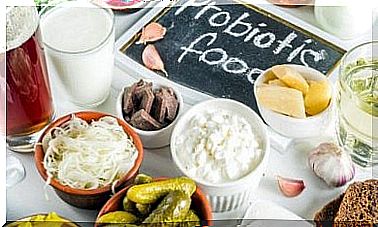Food Sulphites: Allergies And Intolerances

Food sulfites are chemical compounds used as preservatives. They were discovered by the ancient Greeks and Romans.
Currently, the food industry uses them to prevent the oxidation of fats and oils in processed products. Sulfites can maintain the original color of food (preventing shades from darkening) and can also prevent the proliferation of mold, bacteria and yeast.
Sulfites can be recognized on nutrition labels due to their specific nomenclature. Manufacturers must specify the function that these substances perform in food and list them by name or number E. Sulfites are between E220 and E228.
The labeling of a food containing sulphites is mandatory because they belong to a group of substances that are known to cause hypersensitivity, as shown in the Codex Alimentarius.

Food sulfites: in what products can we find them?
- Dried fruits and pastries
- Fruit jellies and jams
- Sausages and sausages
- Fresh, frozen and refrigerated crustaceans
The U.S. Food and Drug Administration banned the use of sulfites in fresh fruits and vegetables, except potatoes, in 1986. They are also not allowed in fresh meat, fish, and seafood because these additives destroy thiamine – or vitamin B1 – present. in food.
How safe are sulfites for health?
All authorized food additives are, in principle, safe and harmless. The quantities used are regulated and the maximum allowed is well below the values that could cause health problems. The safe daily intake of sulfites has been in force since 1974. It is 0.7 mg per kg body weight daily.
However, the use of sulfites can be problematic in some people with allergic reactions. That is why some agencies, such as the European Food Safety Agency (EFSA) and Food Standards Australia New Zealand (FSANZ), have appointed expert committees responsible for reviewing the use of sulphites in food.
The main conclusions of the latest studies
This is why “we need more studies to evaluate the effects of sulfites on the body, because some people may experience side effects.”
Both agencies argue that food labels should clearly reflect the level of sulphites in the final product, so that sulphite-sensitive people can limit their consumption. Reading food labels is one of the best ways for sensitive people to avoid excessive or unforeseen exposure to sulfites.

Who are the most sensitive people to food sulfites?
Allergic reactions in sensitive people lead to several symptoms, such as:
- hives
- stings
- Abdominal pain with diarrhea
The mechanism of the reaction is not clear, but it seems that some sulfite compounds lead to bronchoconstriction. This leads to symptoms such as coughing, rapid breathing, wheezing and hoarseness.
In conclusion, continued exposure to sulphites can be a problem for asthmatics and particularly sensitive people. While we wait for news on the maximum recommended doses, these people should pay more attention to the consumption of products containing this substance.









